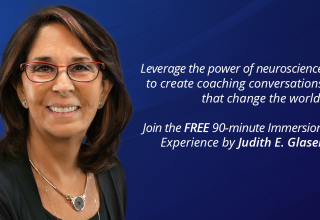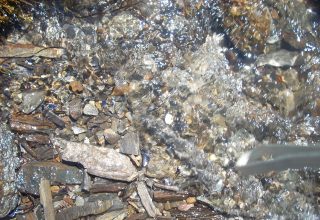
Principle 3: Be Open to Adapt to New Thinking. Cancer cells multiply by creating their own growth factors. They build their own vascular system (angiogenesis) that supplies oxygen and nutrients to the cancer cells, enabling them to grow at a rapid rate. They become self-sustaining and encapsulated from the rest of the system, drawing out nutrients from inside the system for their own sustenance. Healthy cells, on the other hand are serum dependent, and need nourishment from the outside to grow. These new influences from the environment activate higher levels of intelligence and facilitate growth.
Toxic Signals: Entrenchment in your own point of view
Healthy Signals: Open to be influenced and change your mind
We need to be mindful when we create a focus on the past, an internal view of the world, and an entrenchment in our view of the world. We get Addicted to Being Right or Entrenched in our Own Point of View. We become so convinced we are right that we stop listening or being open to others’ perspectives. This internal view saps energy out of an organization. Instead, we need to turn outward– to learn, grow and nourish each other; to support, engage, build strong partnerships, collaborate and innovate, and focus on growing to our next level of greatness.
Conversational Intelligence: Putting it All Together
We have Vital Instincts to connect, and the quality of the connection defines our trajectory moving forward with others. Through a powerful Level 3 Conversation with my husband, we discovered a new level of conversation. Until my journeys through cancer, I was unable to see there was a conversational level that I was not spending enough time living in for my own health and the health of those I care so much about.
By learning how to master the three Levels of Conversational Intelligence and the principles they represent, we can master and activate our Vital Instincts, ward off toxicity that limits our health, and create the space for profound and energetic conversations that transform our world.
__________
1 Wikipedia – Charles Darwin
2 http://www.ncbi.nlm.nih.gov/pmc/articles/PMC1447286
3 Based on the scientific research from NYU School of Medicine













